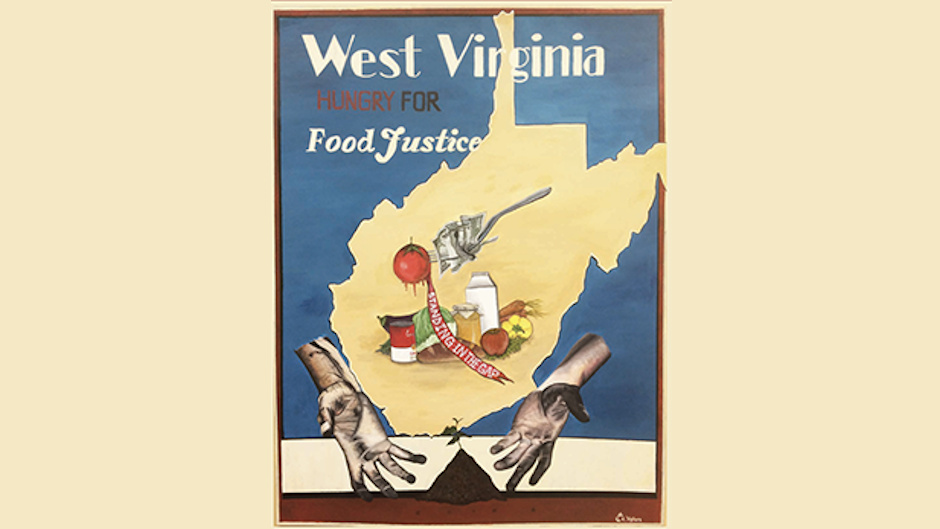In December 2021, the city council of Morgantown, West Virginia unanimously agreed to adopt a municipal resolution that formally recognizes the human right to food. Miami Law’s Human Rights Clinic played a pivotal role in the drafting of the resolution. The adoption of this municipal resolution came just one month after Maine voted to enshrine the right to food in their state constitution, which also saw supportive efforts from the Human Rights Clinic's Right to Food team.
“It’s been a humbling experience for the Clinic to have contributed to our state partners’ successful legislative efforts to enshrine the right to food in law,” said HRC Acting Associate Director, Denisse Córdova Montes. “The Resolution’s focus on improving access to healthy and affordable food as a critical public health and human rights issue and its explicit mention of using CARES Act funds to provide food support to low- and moderate-income families in Morgantown is significant.”
Human Rights Clinic student, Lauren Edwards, 2L, under the supervision of Córdova Montes, was the main author of the Morgantown Municipal Resolution. Edwards, in close consultation with Voices of Hunger West Virginia and West Virginia University Food Justice Lab, researched and studied various laws and policies surrounding the right to food within the United States and compiled these laws and policies into a legal memo, fact sheet, and interactive map to help in selecting appropriate language for the municipal resolution. Additionally, Edwards was afforded the opportunity to hear from residents in Morgantown regarding their lived experiences with hunger and food insecurity.
“Many of the residents in Morgantown live in a food desert, making it difficult for them to access grocery stores with fresh, affordable foods,” said Edwards. “The opportunity to hear from individuals directly impacted in the community was critical in our drafting process. It really helped us frame the resolution in a way that highlighted the specific needs of their community.”
Brian Butcher, Seventh Ward City Councilor in West Virginia, introduced the city resolution. Butcher once struggled with extreme poverty, food insecurity, and homelessness in West Virginia. The Clinic drafted a public statement in support of the resolution that highlighted how legal recognition of the right to food in Morgantown would help alleviate some of the significant food insecurity in Morgantown. Since the resolution passed in December, Butcher has continued to advocate for the right to food within the state. West Virginia is hopeful that they can follow in the footsteps of Maine and amend their own state constitution. Delegate Danielle Walker proposed a Right to Food constitutional amendment last year and the bill is currently sitting in the Health and Human Resources Committee for consideration.
The Human Rights Clinic’s Right to Food Team composed of students Edwards, Laura Leira, 2L, and Maja Veselinovic, 3L, is continuing to support West Virginia, Maine, and other states in their advocacy to enshrine the right to food in law. Currently, the Clinic is working on creating a People’s Implementation Manual for the state of Maine that will serve as a guidebook on how to implement the right to food. This guidebook will serve as a national toolkit for West Virginia and other states wishing to follow in the footsteps of Maine and advocate for the right to food to be affordable, adequate, available, and sustainable for their residents.
Read more about Miami Law's Human Rights Clinic

